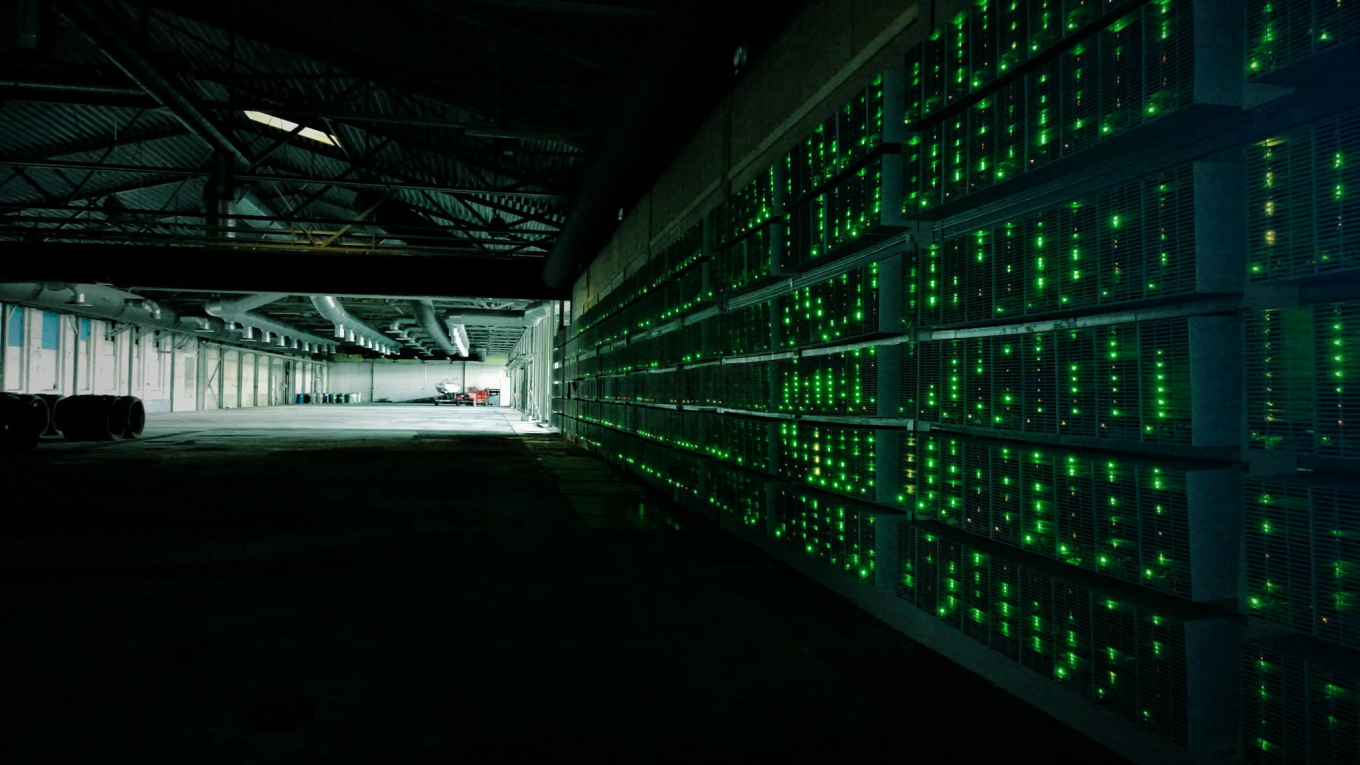
Bitcoin, and the majority of cryptocurrencies in the market, work through a distributed ledger technology called blockchain. This technology allows to leverage decentralization along with featuring one of the highest security standards in financial transactions, the “proof of work”. But now, what has made Bitcoin so successful in recent years is precisely pulling it down with a real risk of stopping its progress. The proof of work has become Bitcoin’s biggest problem.
In fact and despite all other traits the blockchain is now mainstream for, the key aspect for the blockchain is precisely how safe the data is being stored within the platform by having to be verified by every single one of the participants in the blockchain.
This has been happening thanks to a protocol called “proof of work” in recent blockchain-based platforms, crucially important in cryptocurrencies and hence in the financial system. Nonetheless this security protocol was maybe the biggest idea behind the Nakamoto’s Bitcoin white paper – published back in 2008 – because it allowed trustless and distributed consensus.
A trustless and distributed consensus system means that if you want to send and/or receive money from someone you don’t need to trust in third-party services. With bitcoin and other digital currencies, everyone has a copy of the ledger (blockchain), so no one has to trust in third parties, because anyone can directly verify the information written.
That makes up an almost-impossible to hack monetary system. A digital currency that can’t be counterfeit or manipulated by any sort. Although at a high price.
The problem about this type of verification lies on the mining concept. A proof of work is a requirement to define an expensive computer calculation or mining, that needs to be performed in order to create a new group of trustless transactions (the so-called block) on a blockchain.
This big issue was recently spotted by MIT Technology Review Mike Orcutt, who pointed out that “miners must spend lots of energy to win a chance to add new entries, or blocks, to the chain, earning cryptocurrency as a reward. Though an effective way for a network to come to agreement that the information in the ledger is valid, this consumes large amounts of energy and is relatively slow.”
Through this model, all participants carry the same weight and responsibilities throughout the blockchain, whatever their actual stakes are.
However, there are alternatives. One that is taking up recently is the so-called “proof of stakes”, a novel approach in which responsibility for validating new transactions is allocated to users according to how much money they have in the system.
There are different ways of proof of stakes protocols and they are actually breaking their way up in different ways as a real alternative for the proof of work security protocol. Without going any further, the Algorand protocol is a good example of how another blockchain can “scaled to world needs without compromising security”.
This system, made real thanks to MIT cryptographer Silvio Micali, doesn’t use miners, and the computation required to secure the ledger is “trivial,” which makes the system very fast, says Micali.
Instead, it uses a complicated algorithm to first select a random user to propose, digitally sign, and add new blocks to the chain. According to Mr. Micali, the algorithm then randomly selects 1,000 more users, who check that block and sign it. In each phase, the public keys—the strings of characters that represent these users on the blockchain—are revealed to the rest of the network. The probability that a user will be selected is proportional to the amount of money that user has in the system.
Micali’s approach can also be used to propose and vote on protocol changes, which means that this system will never “fork,” or split, the way the Bitcoin network did recently when the community could not agree on whether to change the protocol to increase its transaction volume.
“The so-called flexible self-governance is very important, because the community should be able to vote on things like changes to monetary policy. This splitting of the community is not something that can scale,” he said.
Indeed, different approaches are welcome as the current proof of work in Bitcoin uses more energy worldwide than some countries, and the process is relatively slow. On the other hand proof-of-stake systems are still nascent in their development and could create potential unintended consequences, such as centralization or inequality.
That is why and, although, different options must always be taken in consideration, the very nature of Bitcoin and Blockchain distributed ledger -decentralization, equality, trustless and security- is not negotiable.

Founder Dinis Guarda
IntelligentHQ Your New Business Network.
IntelligentHQ is a Business network and an expert source for finance, capital markets and intelligence for thousands of global business professionals, startups, and companies.
We exist at the point of intersection between technology, social media, finance and innovation.
IntelligentHQ leverages innovation and scale of social digital technology, analytics, news, and distribution to create an unparalleled, full digital medium and social business networks spectrum.
IntelligentHQ is working hard, to become a trusted, and indispensable source of business news and analytics, within financial services and its associated supply chains and ecosystems




























